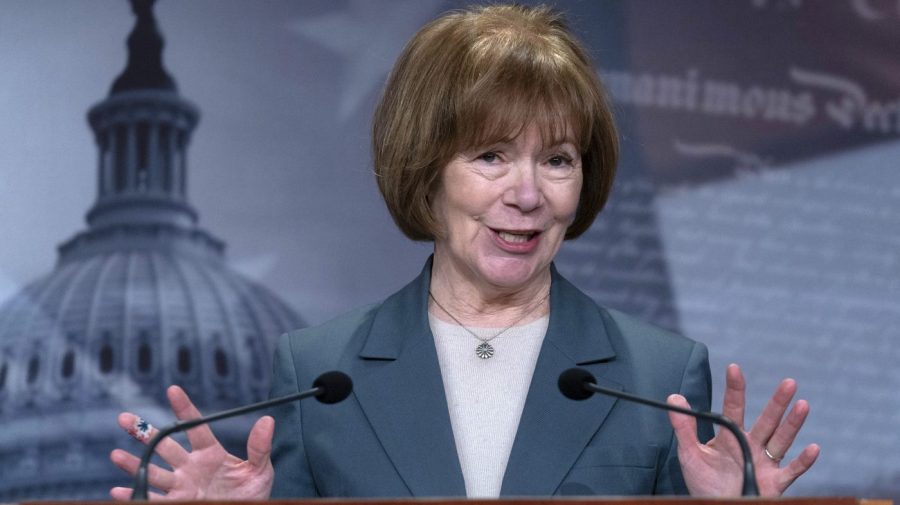Minnesota Senator Tina Smith Announces She Won’t Seek Reelection in 2026
Democratic Senator Tina Smith of Minnesota announced today that she will not seek reelection in 2026, opting to retire from the U.S. Senate after serving out her current term. This unexpected decision opens up a key Senate seat in a battleground state for the 2026 election cycle.
Key Points:
Smith will serve out her current term, which ends in January 2027. She cited a desire to prioritize family as a main reason for her decision. The announcement creates an open Senate race in Minnesota for 2026.
In a letter to constituents, Smith explained her decision, stating: “After two decades of hard, rewarding work in public service, I’m ready to prioritize other things — starting with my family.” She emphasized that her choice was personal, not political, and expressed pride in her accomplishments while serving Minnesota.
Background:
Tina Smith was appointed to the Senate in 2017 to replace Al Franken after his resignation. She won a special election in 2018 and was reelected to a full six-year term in 2020. Prior to her Senate service, Smith was Minnesota’s Lieutenant Governor and chief of staff to former Governor Mark Dayton.
Political Impact:
Smith’s retirement creates an open race for a crucial Senate seat in 2026. Minnesota has trended Democratic in recent years, but remains a competitive battleground state. This development gives Republicans an opportunity to target the seat without facing an incumbent, potentially impacting the balance of power in the Senate.
Democratic Party officials will likely begin the process of identifying potential candidates to run for the open seat. Meanwhile, Republicans may see this as an opportunity to flip a Senate seat in their favor.
Looking Ahead:
Senator Smith emphasized that she intends to remain focused on her work for the next two years: “I have another two years left in this job — a full third of the term Minnesotans elected me to back in 2020 — and I’m going to use every day of that time to represent you as well as I can.”
As the 2026 election cycle approaches, both parties will be closely watching the developments in Minnesota’s Senate race. The outcome could have significant implications for control of the U.S. Senate and national politics more broadly. This news underscores the ongoing shifts in the political landscape and the importance of individual elections in shaping the composition of Congress.
As more information becomes available about potential candidates and the race dynamics, voters and political observers will be keenly interested in how this Senate seat might impact the broader national political picture.









